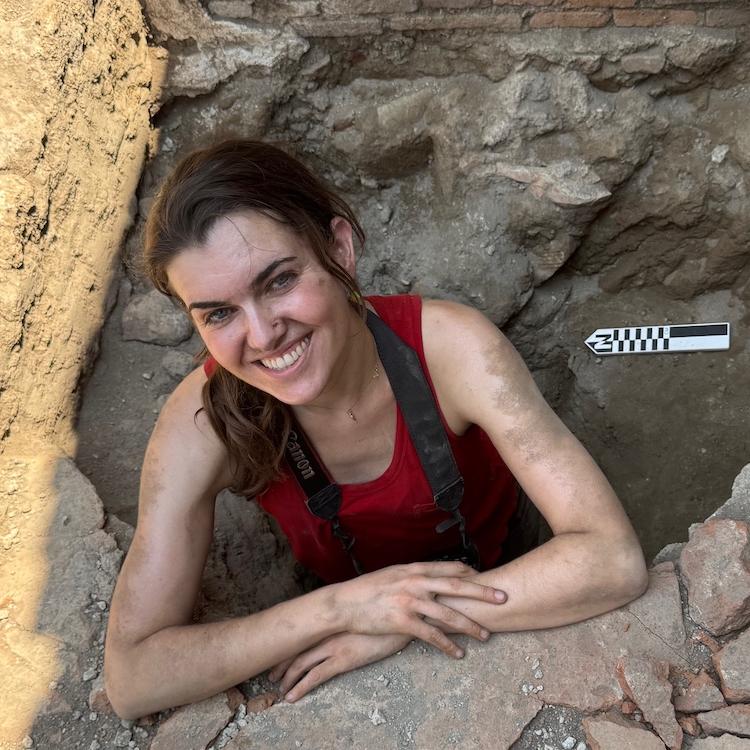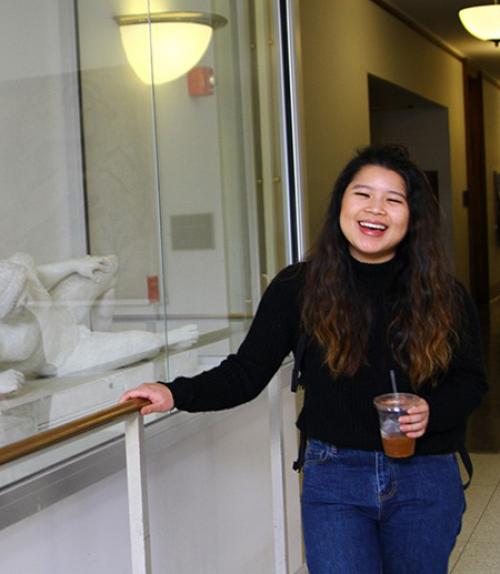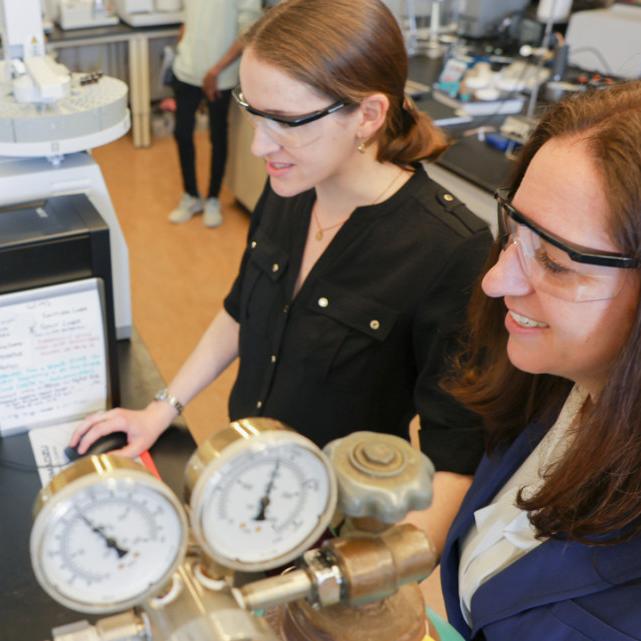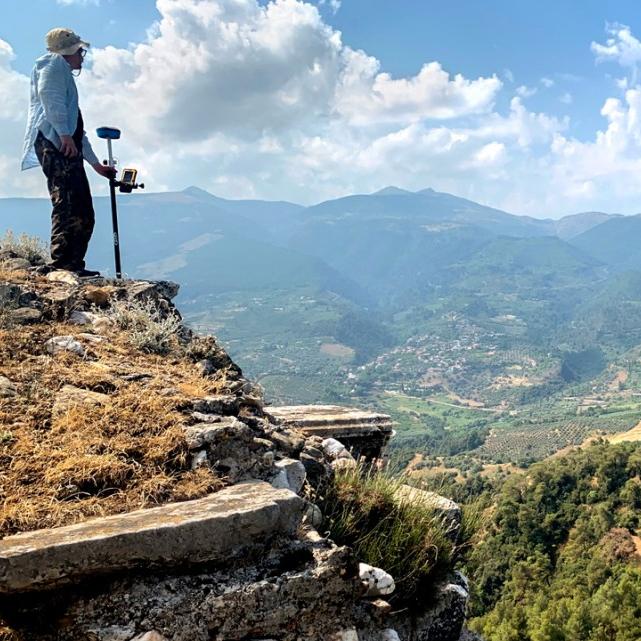
 Department Homepage
The College of Arts & Sciences
Department Homepage
The College of Arts & Sciences
Student melds humanities, sciences to find her intellectual community
Finding life balance is a quest that junior Kylie Long, an aspiring radiologist, appreciates.Her pathway of learning and discovery at Cornell has led her to pursue the humanities along with the sciences and to study ancient texts as well as conduct stem cell research. She asks life’s big questions, while also getting down-to-earth at a local potting studio. She likes quiet meditation as well as using her voice to blog about self-care.




